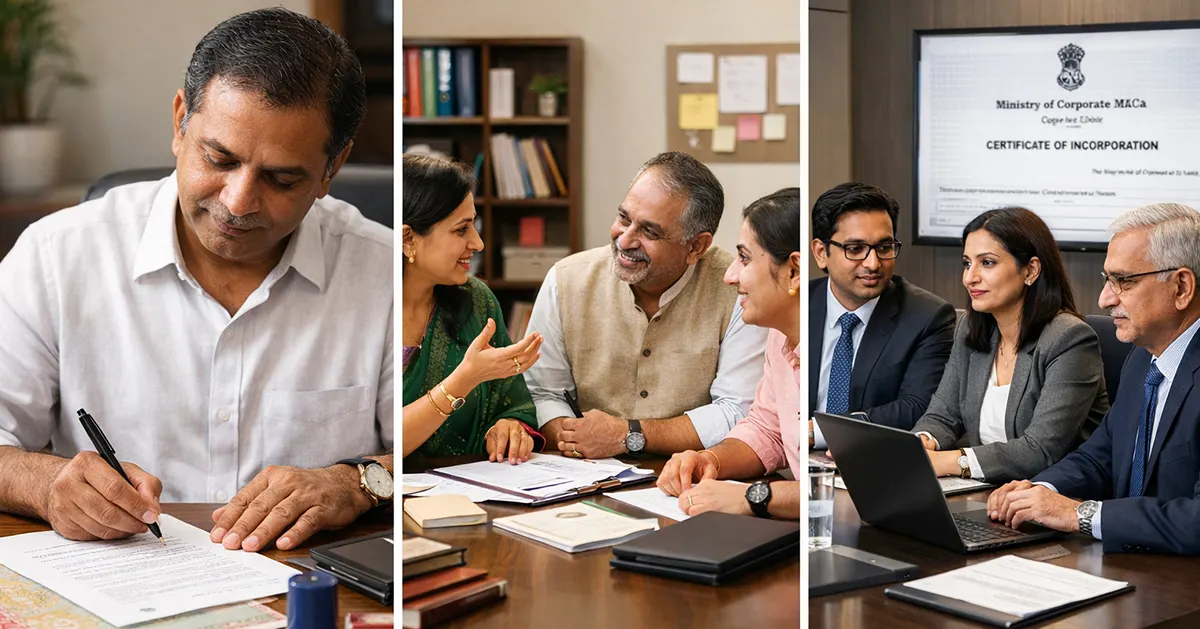A Section 8 Company is a non-profit organization licensed under Section 8 of the Companies Act, 2013, by the Central Government through the MCA. It is established to promote charitable objectives such as education, science, art, sports, social welfare, research, environmental protection, and religion. Unlike regular companies, it cannot distribute profits as dividends to its members; instead, all income is reinvested into achieving its stated objectives.
Members of a Section 8 Company enjoy limited liability, and the company itself possesses a separate legal identity, allowing it to own property, enter into contracts, and manage funds in its own name. It enjoys perpetual succession, meaning it continues to exist even if its members change, and you can complete the online registration for a Section 8 company in Tamil Nadu to establish it seamlessly.
There is no minimum capital requirement for registration, and these companies often use names like "Foundation," "Association," "Forum," or "Council" instead of "Ltd." or "Pvt. Ltd."
Their transparent structure, strict compliance, and government recognition make Section 8 Companies an ideal legal framework for NGOs and non-profits operating in Tamil Nadu and across India.
Understanding Non-Profit Organizations in India
In India, non-profits can be registered as a Trust, Society, or Section 8 Company. Out of these, a Section 8 Company is considered the most credible form because it is incorporated under the Companies Act, 2013, and regulated by the Ministry of Corporate Affairs (MCA).
Unlike Trusts and Societies, which are governed by local state laws (such as the Tamil Nadu Societies Registration Act, 1975), Section 8 Companies are governed uniformly across India, offering national-level recognition and stronger legal standing. This makes them the most suitable option for organizations in Tamil Nadu seeking CSR funding, government grants, and international donations.











